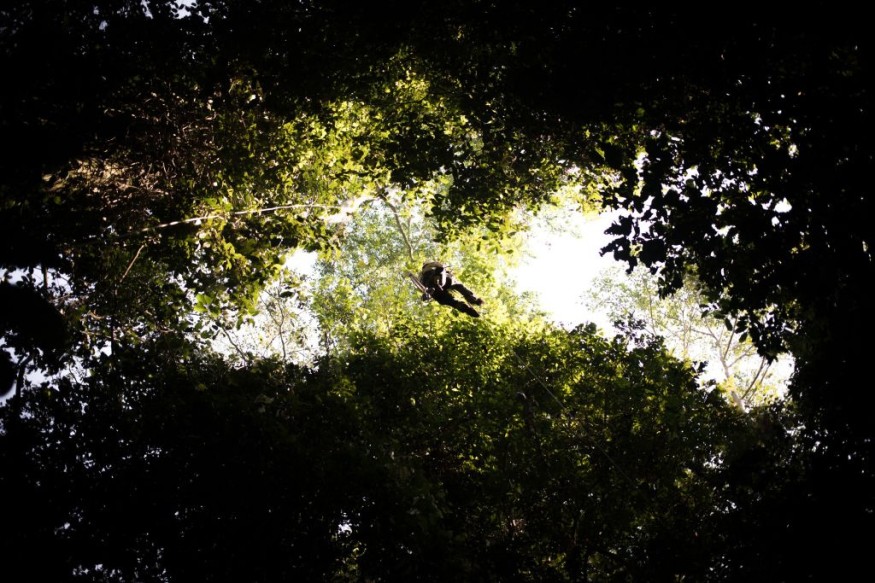Researchers warned of potential decline of newly-discoveres insect species in Kosovo, which plays a crucial important for freshwater ecosystems. The new species, Potamophylax kosovaensis, has been threatened by water pollution and construction of hydropower plants.
Scientists have been on the quest to discover new species on the planet, from land to marine animals unknown to science. The discovery is essential to document new animals, particularly for species requiring uregent conservation and protection efforts amidsts the threats of climate change, rising temperatures, pollution, and habitat loss.
However, increasing threats to many species have caused alarm due to potential impacts on freshwater ecosystems. Understanding alarming threats is crucial for conservation efforts, protecting species from brink of extinction.
New Species of Potamophylax Winneguthi Discovered in Kosovo

In a new report, researchers raised concerns about the the status of newly-discovered aquatic insects, which are considered bioindicators of ecosystems. Studying their species can offer new insights into conservation plans. The research findings were published in the Biodiversity Data Journal, investigating the species of Potamophylax kosovaensis.
According to a recent report, the new species, the insect was discovered in Ibër River Basin, within the Kopaonik Mountains of Kosovo. They can be distinguished by distinctive patterns, elongated spines and thicker parameres. The habitats are known to be rich in ecological significance, helping other aquatic species in the region.
They are often recognized as bioindicator of freshwater ecosystes, and their decline could have a potential impacts on their habitats. Recent reports show that the said species is considered restricted in spring areas. Continued effects of water pollution, construction of hydropower dams and habitat degradation can significantly affect their survival, as they are sensitive to said threats.
"The discovery of Potamophylax kosovaensis serves as a stark reminder of the fragility of our freshwater ecosystems. We must prioritize efforts to protect these habitats and the invaluable species they harbor, " Professor Halil Ibrahimi said, as quoted in a report.
Also Read : Deforestation Is Making Lizards Disappear: 84% of North American Lizards At Risk Due to Climate Change
The Persistent Threats of Habitat Loss and Water Pollution
However, the International Union for Conservation of Nature (IUCN) raised concerns about the species state, making it endangered after being discovered. Without urgent mitigation efforts, the degradation of their habitats can impact other species in the freshwater ecosystems.
Water pollution, with hazardous chemicals and plastic, is one of the major threats to aquatic and marine animals. The decline in water quality acn potentially affect many species, including the coral reef systems.
The report emphasizes the urgent need for protection efforts, conserving the biodiversity of freshwater. Addressing the threats in their habitats will help save insect species from the brink of extinction or population decline.
For more similar, don't forget to follow Nature World News.
© 2026 NatureWorldNews.com All rights reserved. Do not reproduce without permission.





